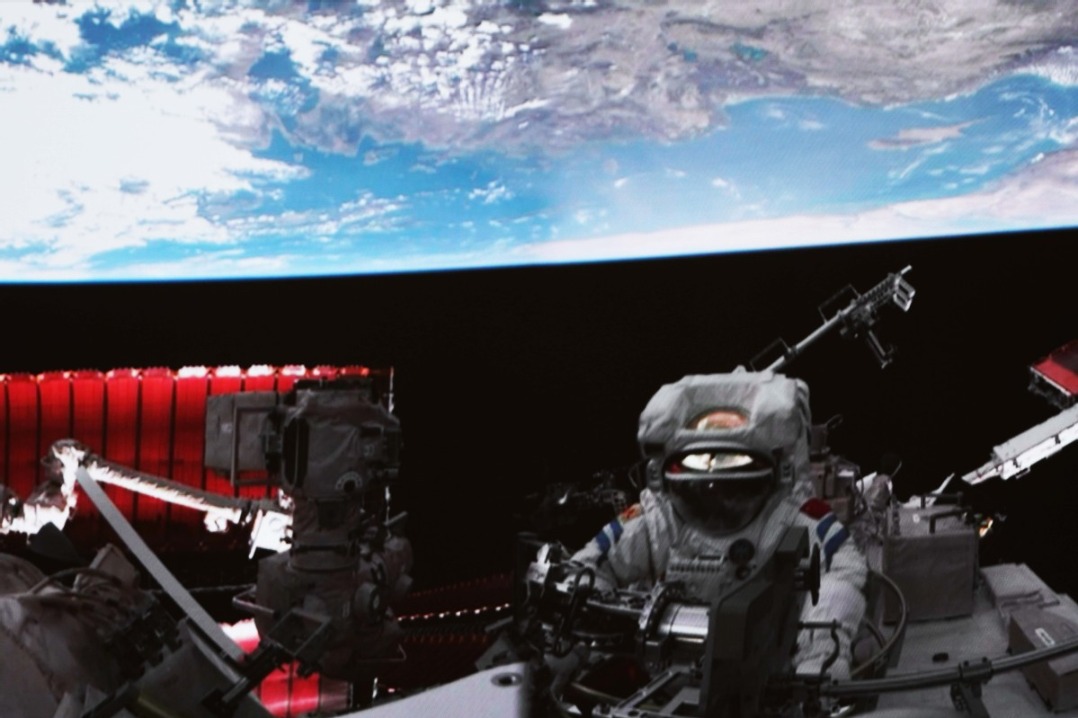Popular goods make cultural differences appear crystal clear
By YAO YUXIN | China Daily | Updated: 2023-02-27 09:13
What you get is very random. Throwing all the crystals into a vibrating polisher when you place an order, Yu Shiying will shovel a spoonful from the pile into a transparent plastic bag marked with your name. The entire process is livestreamed.
"This is the most popular way to sell (crystals)," Yu said. As an influencer for the e-commerce company Melot Group in Zhejiang province she sells crystal bracelets and necklaces online to customers in the United Kingdom and the United States.
When Chinese companies began operating livestream shopping overseas, they were surprised to discover that crystals were one of the few products that sold well.
"In the US, popular categories (in China) such as clothing and makeup sell poorly, while the unpopular ones, like crystals, sell well," said Luo Weizhe, founder of e-commerce company Parrotok, which has an office in Los Angeles.
Yu used to sell goods for a different company, but sales were disappointing. Now, she only sells crystals.
Livestreaming for four hours a day, six days a week, she sold goods worth 300 or 400 British pounds ($366 to $488), and attracted about 3,000 fans in her first two weeks. The number of viewers has been as high as 20,000.
Ma Zuxin, Yu's boss, said, "US citizen people's preference for crystals seems to be the same as Chinese people's preference for jadeite."
Many people overseas believe that crystals can heal their bodies, and different crystals correspond to different parts of the body, according to Yu.
Ma said, "They feel that crystals can bring energy, protect them and turn the tide."
Yu once looked for a Topaz bracelet for a Chinese customer who lives in the UK. The woman said she had recently arrived in the country so she had no friends and felt ignored by people around her.
She said was eager to have the bracelet to protect herself and disperse bad luck.
Despite its popularity, the lucky stone is rarely available in the US, so it is relatively expensive, Ma said. However, she noted that the price is lower via a livestream purchase.
Gu Jun, CEO of e-commerce company Newme, which has offices in New York City and Los Angeles, said China is close to the supply chain, so its retailers have an edge in terms of price. The livestreams by Chinese e-commerce companies cut out the costly middlemen, making it much cheaper for people overseas to buy crystals. In fact, many overseas stores buy their stock from livestreams, then sell the goods to local customers.
A brick-and-mortar shop owner in the UK even posts a video on his social media teaching people how to buy crystals via Yu's livestream.
Yu used to worry that foreigners were hard to get along with. "We are like people from two different worlds," she said.
However, she later discovered, "They are exactly the same as us, and also have cares and sorrows."
Now, when she livestreams, she and her customers share their lives and stories like old friends.
























